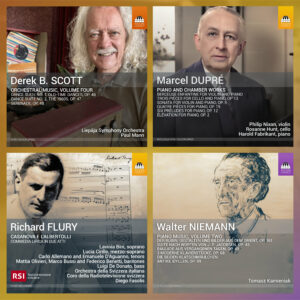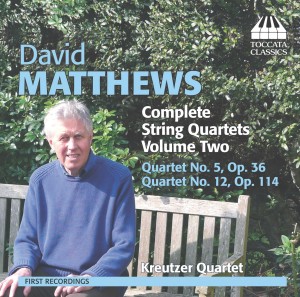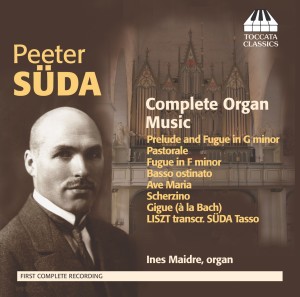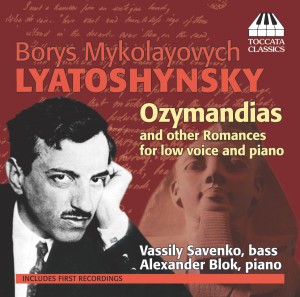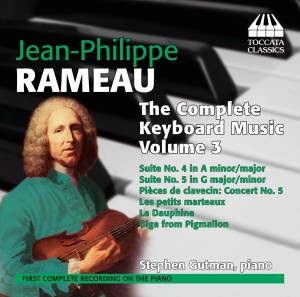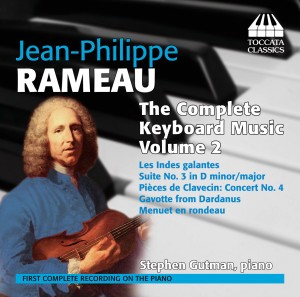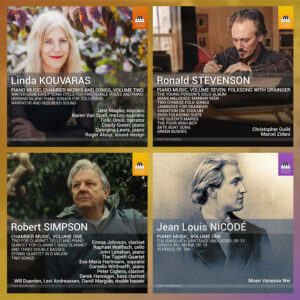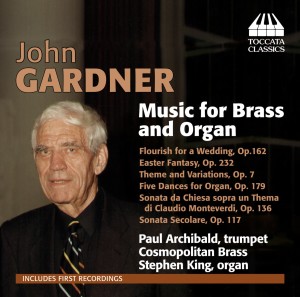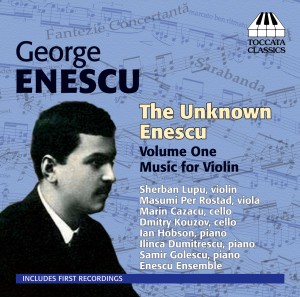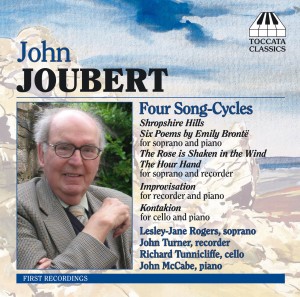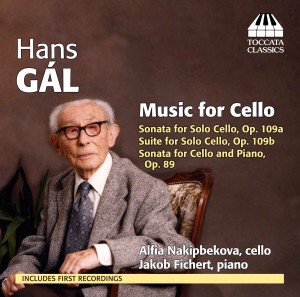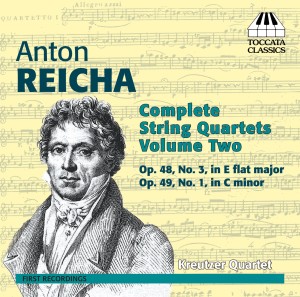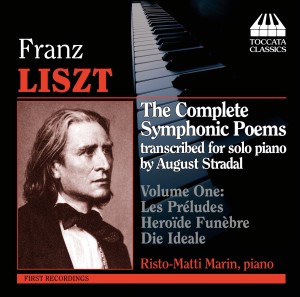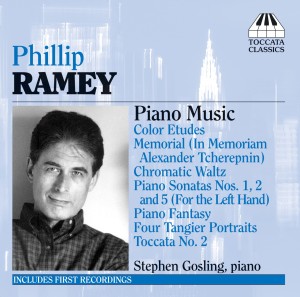Search Results for "Space Wolf: The First Omnibus mp3 torrent" – Page 46
February 2025 Bundle
Included in this bundle:
David Matthews: Complete String Quartets, Volume Two
The American critic Robert Reilly described the music on Volume One of this cycle of the complete string quartets of David Matthews (b. 1943) as 'some of the most concentrated, penetrating writing for this medium in the past 30 years or more. It is musical thinking of the highest order and quartet writing in the great tradition of Beethoven, Bartok, Britten, and Tippett’. This second CD in the series presents the Fifth Quartet (1984) and the most recent, Quartet No. 12 (2009–10).
Kreutzer Quartet, string quartet
Peter Sheppard Skærved, violin
Mihailo Trandafilovski, violin
Morgan Goff, viola
Neil Heyde, cello
Peeter Süda: Complete Organ Music
The music of the Estonian organist-composer Peeter Süda (1883–1920) combines contrapuntal mastery with a virtuosic command of the Romantic organ. Süda’s brief life and his perfectionism meant that his output – exclusively for the organ – remained small, but it is beautifully crafted and highly expressive. This handful of original works is complemented by a mighty transcription of Liszt’s symphonic poem Tasso.
Ines Maidre, organ
Boris Mykolayovych Lyatoshynsky: Romances for Low Voice and Piano
The Ukrainian composer Boris Lyatoshynsky (1895–1968) studied with Glière at the Kiev Conservatory, where he remained as a much-loved teacher for the rest of his life. Lyatoshynsky’s songs – a neglected part of his output – meld intense Scriabinesque expressionism with elements of Ukrainian folksong in a language that embraces both the lyrical and the dramatic. His setting of Shelley’s Ozymandias, with its warning of the impermanence of power, was a brave act in the Soviet Union of 1924.
Vassily Savenko, bass-baritone
Alexander Blok, piano
Jean-Philippe Rameau: The Complete Keyboard Music, Volume Three
Rameau was one of the great composers for the keyboard. But because pianists have not adopted his harpsichord music as they have that of the other great names of the Baroque — Bach, Handel and Scarlatti — his stature as one of the world's major keyboard composers is not as fully acknowledged. This series of three CDs aims to underline that claim by presenting all of Rameau's keyboard music on the piano: the familiar suites, a number of discoveries and arrangements by himself and his contemporaries.
Stephen Gutman, piano
Jean-Philippe Rameau: The Complete Keyboard Music, Volume Two
Rameau was one of the great composers for the keyboard. But because pianists have not adopted his harpsichord music as they have that of the other great names of the Baroque – Bach, Handel and Scarlatti – his stature as one of the world’s major keyboard composers is not as fully acknowledged. This series of three CDs underlines that claim by presenting all his keyboard music on the piano: the familiar suites, a number of discoveries and arrangements by himself and his contemporaries.
Stephen Gutman, piano
January 2025 Bundle
Included in this bundle:
John Gardner: Music for Brass and Organ
The British composer John Gardner (b. 1917) has been astonishingly prolific, writing 249 opus numbers in his sixty-year career as composer, conductor and teacher. His music – basically tonal and always impeccably crafted – is characterised by charm, grace and humour. Gardner’s musical fingerprints come from his love of jazz, Renaissance and Baroque procedures and his mastery of imitative counterpoint. He generally uses established musical forms but invests them with a quirky and distinctive harmonic idiom. This CD explores his rich output for brass and organ, from the elegant Theme and Variations, Op. 7, of 1951 to the lusty Five Dances for Organ, Op. 179, written in 1988.
Paul Archibald, trumpet
Cosmopolitan Brass
Stephen King, organ
The Unknown Enescu, Volume One: Music for Violin
George Enescu (1881–1955) is one of the great composers, although the world has yet to realise the extent of his achievements. Enescu’s small published œuvre of 33 opus numbers belies the amount of music he produced: he composed prolifically but, as he was both a perfectionist and a busy performer, much of his music is still unknown. This CD reveals solo, chamber and concertante pieces featuring the violin, played by his fellow Romanian Sherban Lupu, who understands Enescu’s idiom like few other musicians.
Sherban Lupu, violin, conductor
Masumi Per Rostad, viola
Marin Cazacu, cello
Dmitry Kouzov, cello
Ian Hobson, piano
Ilinca Dumitrescu, piano
Samir Golescu, piano
Enescu Ensemble of the University of Illinois, ensemble
John Joubert: Song-Cycles and Chamber Music
The music of John Joubert – born in 1927 in Cape Town, a student at the Royal Academy of Music in London in the 1940s and ’50s, and Birmingham-based since 1962 – has a strong sense of melody, his beguiling lyricism combining with an acute sensitivity to words to produce songs that are both colourful and evocative. These four song-cycles pay tribute to the places and poets that inspired them. And his chamberworks, drawing on a rich instrumental palette and haunting melodic lines, are memorable and dramatically effective.
Lesley-Jane Rogers, soprano
John Turner, recorder
Richard Tunnicliffe, cello
John McCabe, piano
Hans Gál: Music for Cello
The Vienna-born Hans Gál (1890–1987) settled in Edinburgh after fleeing from the Nazis in 1938 and became a much-loved figure in his adoptive town. But he never lost his Viennese fondness for melody, as these three works demonstrate – the Sonata with piano composed in 1953 and the two works for solo cello in 1982, when he was 92, almost the last music he wrote.
Alfia Nakipbekova, cello
Jakob Fichert, piano
November 2024 Bundle
Included in this bundle:
Anton Reicha: Complete String Quartets, Volume Two
The Czech-born composer Anton Reicha (1770-1836) was an exact contemporary of Beethoven, and his close friend from their mid-teens. The music of each man demonstrates an awareness of what the other was doing: they showed each other their compositions-in-progress. But although Reicha was closely associated with one of the best-known names in western culture, his own music has been grievously neglected: only his woodwind quintets have achieved any currency. Of his vast cycle of almost forty string quartets just one had been recorded before — an omission this ambitious project intends to put right, thereby revealing one of the most inventive and engaging spirits in classical music.
Kreutzer Quartet, string quartet
Franz Liszt: Complete Symphonic Poems, transcribed for solo piano by August Stradal, Volume One
Although Liszt’s thirteen symphonic poems exist in two-piano transcriptions prepared by the composer himself, it was his Czech student August Stradal (1860–1930) who was to transcribe them for solo piano – versions which demand almost superhuman virtuosity. As Malcolm MacDonald writes in his booklet essay, Stradal’s versions 'transform these revolutionary orchestral compositions into viable and effective piano works, faithfully preserving their masterly musical substance’
Risto-Matti Marin, piano
October 2024 Bundle
Included in this bundle:
Phillip Ramey: Piano Music, Volume One, 1961–2003
The piano music of American composer Phillip Ramey (b. 1939) has its roots in the motoric athleticism of Prokofiev and Bartók, refracted through the wiry and elegant polyphony of his teacher, Alexander Tcherepnin. To these early influences Ramey has brought the tangy dissonance of mainstream modernism and a Lisztian enjoyment of the grand Romantic gesture. The works on this CD range in mood from tranquil introspection by way of sober lyricism to thunderous explosions of demonic energy expressed in high-octane piano-writing that pushes virtuosity to the limit.
Stephen Gosling, piano
Stay In the Know
JOIN THE TOCCATA NEWSLETTER
"*" indicates required fields
By visiting our site, you agree to our privacy policy regarding cookies, tracking statistics, etc.
